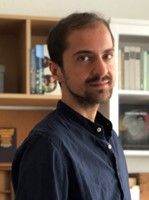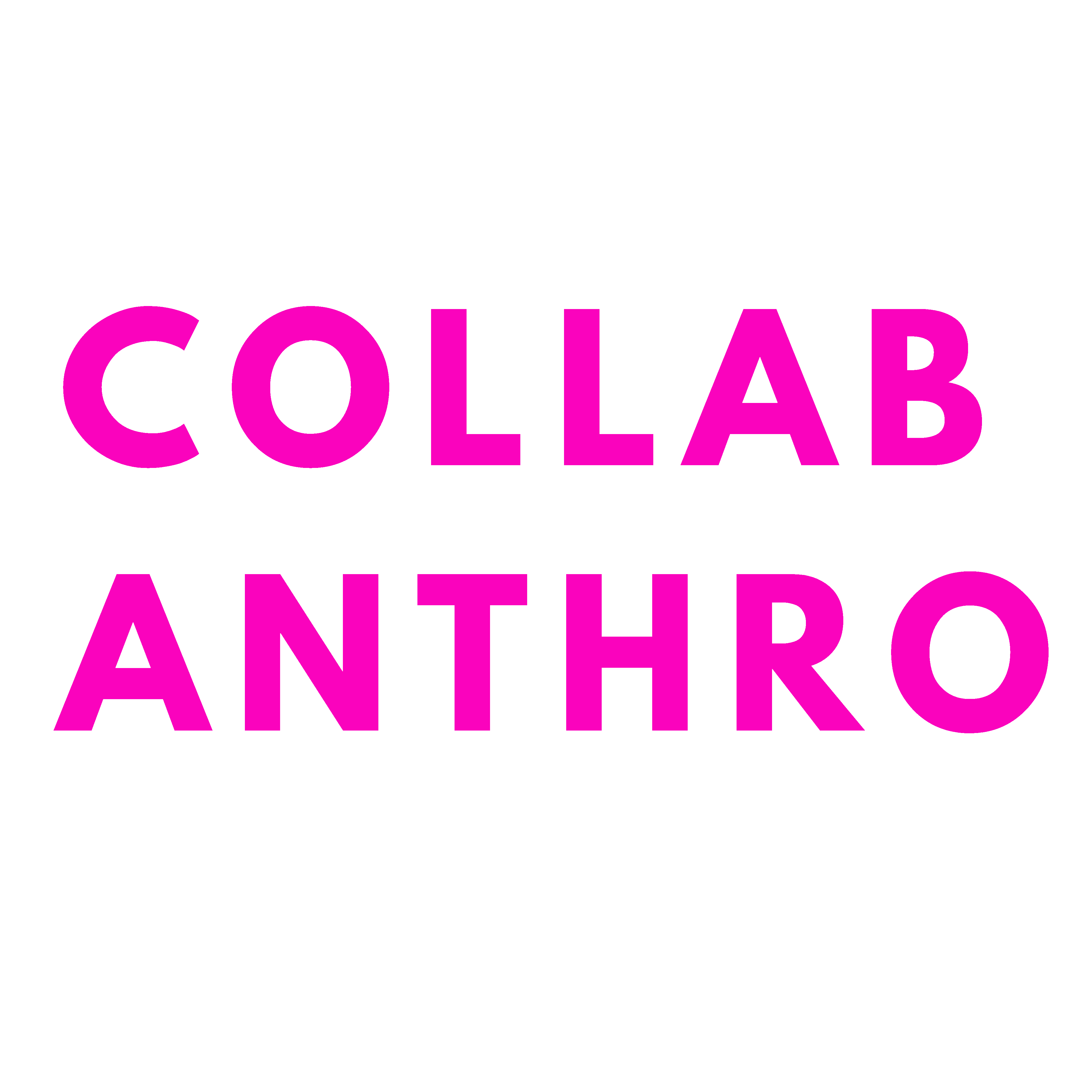Timo Roßmann, M.A.

Academic staff
E-Mail: rossmann (at) em.uni-frankfurt.de
Office hours: by appointment per e-mail
Room: IG 0.553 (basement)
Short biography
Timo Roßmann is a research associate with a focus on Science and Technology Studies at the Department of Social and Cultural Anthropology. Here, he coordinates the ELLVIS project “Collaborative Anthropology" and is doing his PhD with Prof. Dr. Mirco Göpfert. In his PhD study (“Collaboration in Rare Disease Research, Diagnostics, and Treatment in Germany"), he studies current research, diagnostic, and treatment practices in the field of rare diseases and examines ethnographically how collaboration is enabled between and beyond epistemic communities. Previously he was a lecturer at the Institute for Cultural Anthropology and European Ethnology at Goethe University in Frankfurt. He studied Sociology, American Studies, Gender Studies and Science and Technology Studies in Frankfurt.
Fields of research and approaches
Teaching and research interests
University activities
At Goethe University Frankfurt:
Teaching and thesis supervision
At Goethe University Frankfurt:
Supervision of Master's theses in the MA Science and Technology Studies:
Noah Harris, “A missed chance at a political situation? A study into Insulate Britain's mobilisation of discourses of care & expertise" (Conclusion: 2023)
Natascha Köster, “(De)Coding Gender: An Exploration of Coding Bootcamps as Inclusion Initiatives" (Conclusion: 2023)
Gauri Natarajan, “Sexual Violence in Digital Spaces"
Timo Roßmann is a research associate with a focus on Science and Technology Studies at the Department of Social and Cultural Anthropology. Here, he coordinates the ELLVIS project “Collaborative Anthropology" and is doing his PhD with Prof. Dr. Mirco Göpfert. In his PhD study (“Collaboration in Rare Disease Research, Diagnostics, and Treatment in Germany"), he studies current research, diagnostic, and treatment practices in the field of rare diseases and examines ethnographically how collaboration is enabled between and beyond epistemic communities. Previously he was a lecturer at the Institute for Cultural Anthropology and European Ethnology at Goethe University in Frankfurt. He studied Sociology, American Studies, Gender Studies and Science and Technology Studies in Frankfurt.
Fields of research and approaches
- (Feminist) Science and Technology Studies
- Material Semiotics (for example Actor-Network Theory, NatureCultures, New Materialism)
- Ethnographic und praxeological approaches
Teaching and research interests
- Practices of care
Regulation of bodies, health, and ecosystems | ontological politics
- Production of knowledge
History of Science | cultures of knowledge | information infrastructures | classification, standardization, and objectification | collaborative and interdisciplinary research methods
- Production of security
Demography, epidemiology, and the modern state | transnational authorities and administrative processes
University activities
At Goethe University Frankfurt:
| 11/2020–07/2022 | External lecturer (“Lehrbeauftragter") at the Institute of Cultural Anthropology and European Ethnology |
| 01/2013–03/2017 | Student research/teaching assistant and intern in the “Science, Technology, Environment" section at the Institute of Sociology (Focus areas: Biotechnology, Nature and Society as well as Sociology of Science) |
Teaching and thesis supervision
At Goethe University Frankfurt:
| Summer term 2024 | MA Social and Cultural Anthropology MA Sociology MA Science and Technology Studies | Collaborative Ethnographies: Disciplines, Devices, Decoloniality |
| Winter term 2023/24 | BA Social and Cultural Anthropology | Research Methods |
| Summer term 2023 | BA Social and Cultural Anthropology | Theory of (Collaborative) Fieldwork |
| Winter term 2022/23 | BA Social and Cultural Anthropology (teaching language: German) | Einführung in die Wissenschafts- und Technikforschung (Introduction to Science and Technology Studies) |
| Summer term 2022 | MA Science and Technology Studies | Research Design |
| Summer term 2022 | MA Science and Technology Studies | Writing Lab |
| Winter term 2021/22 | MA Science and Technology Studies | Tiny Agents |
| Winter term 2021/22 | BA Cultural Anthropology and European Ethnology (teaching language: German) | Einführung in die Kulturtheorien (Introduction to cultural theories) |
| Summer term 2021 | MA Science and Technology Studies | Writing Lab |
| Winter term 2020/21 | MA Science and Technology Studies | The Technopoetics of Modernity: 'No ideas but in things' |
Supervision of Master's theses in the MA Science and Technology Studies:
Noah Harris, “A missed chance at a political situation? A study into Insulate Britain's mobilisation of discourses of care & expertise" (Conclusion: 2023)
Natascha Köster, “(De)Coding Gender: An Exploration of Coding Bootcamps as Inclusion Initiatives" (Conclusion: 2023)
Gauri Natarajan, “Sexual Violence in Digital Spaces"
Collaborative Anthropology / „Kollaborative Ethnologie“
- Studying at Goethe University
- International applicants
- Faculties
- Overview of study programmes
- Programme for refugees
- GRADE
- Goethe Business School (continuing education)
- Research at Goethe University
- Scientific news
- Goethe Welcome Center (for international researchers)
- Collaborative research projects
- Individual research
- Visiting fellowships
- Endowed chairs
- About the University
- News-in-brief
- University administration
- Campus locations
- Campus life
- University archives (German)
- Rhine-Main-Universities





